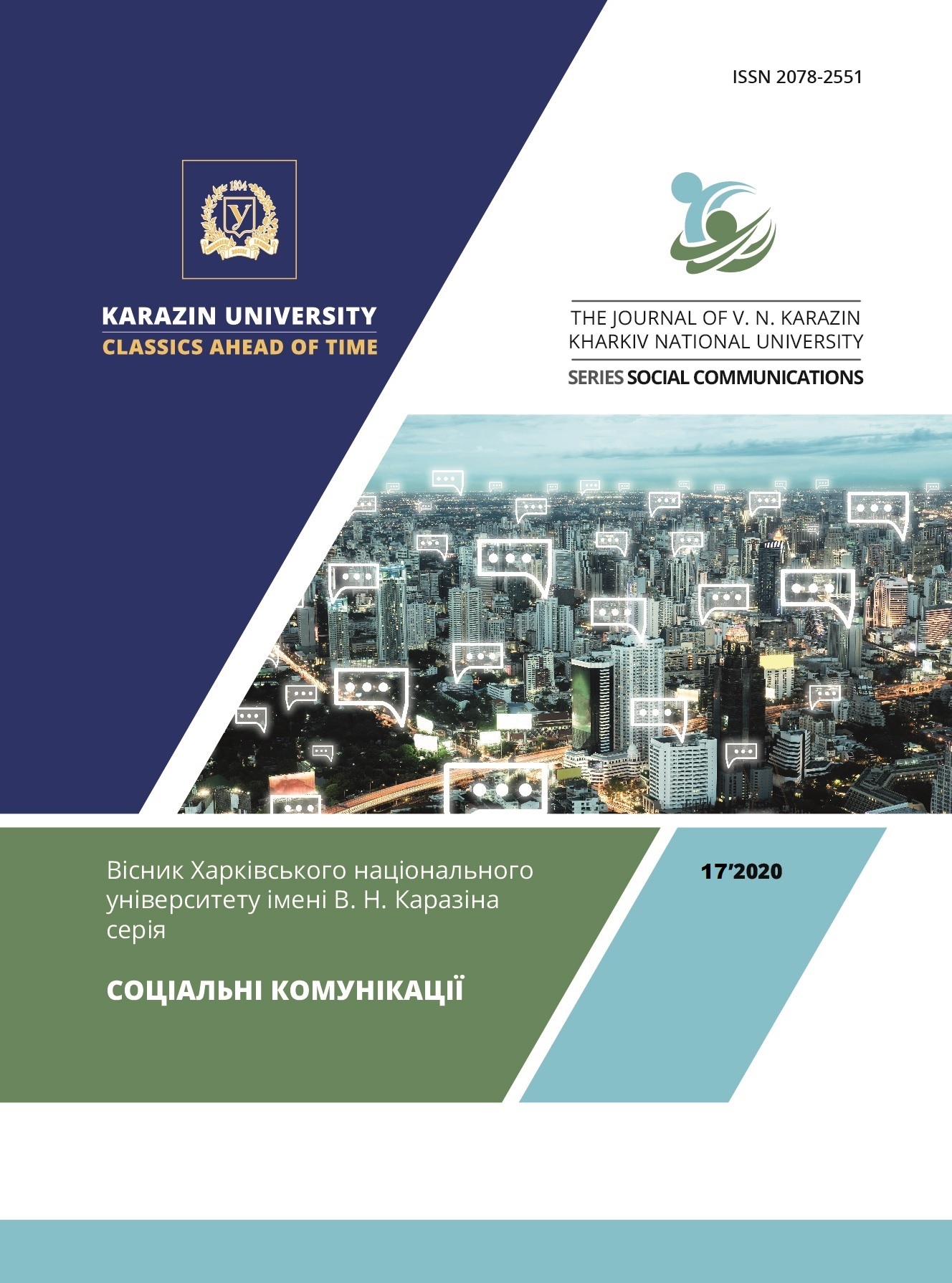Electronic Content for Children: Theoretical and Sociological Aspects.
Abstract
Children are a special audience of the Internet with their own requirements, and electronic content for children has special, specific social functions. The article considers electronic content for children as an artifact of the modern information culture, including synthetic information replenishment of the site (texts, graphic, audio, video information), created to implement the social functions of the Internet, following the psychological and age characteristics of the target audience. Various characteristics of the Internet content are described: technical, informational, communication, discursive. The ambiguity of the understanding of the term «media content» in certain industry sciences and interdisciplinary research is emphasized. The possibilities of using various sociological methods of studying electronic content for children have been substantiated. The methodological and theoretical approaches to the study of the content for children on the Internet were clarified: the possibilities of applying general sociological approaches to the study of children's content on the Internet, such as structural-functional, socialization, riskological, symbolic interactionism, cultural and activity-based ones, were substantiated. As a result of the application of the structural and functional approach, seven grounds have been identified for the classification of the children's segment of Ukrnet: by functional purpose, by the degree of involvement of users, by the age of the main users, by the socio-economic component, by orientation towards interaction between generations, by the presence / absence of risk, by content educational information. The study identified the main social functions of the electronic content for children: informational, communicative, educational, cultural and educational, educational, integrative, normative and recreational. The definition of the electronic content as an artifact of society, a means of socialization, a cultural-educational, educational and integrative-communicative mechanism for intergrating children into social reality, which has both important positive functions and risks for society, family and juvenile age group, is given.




